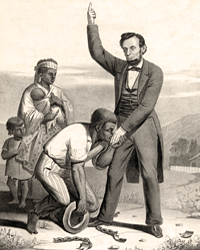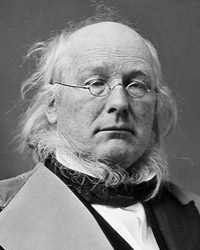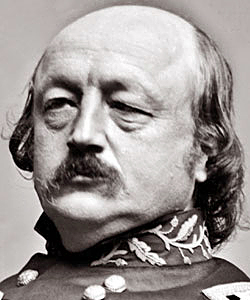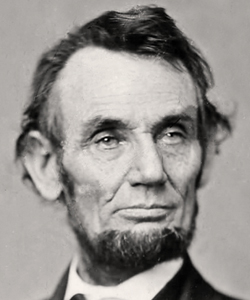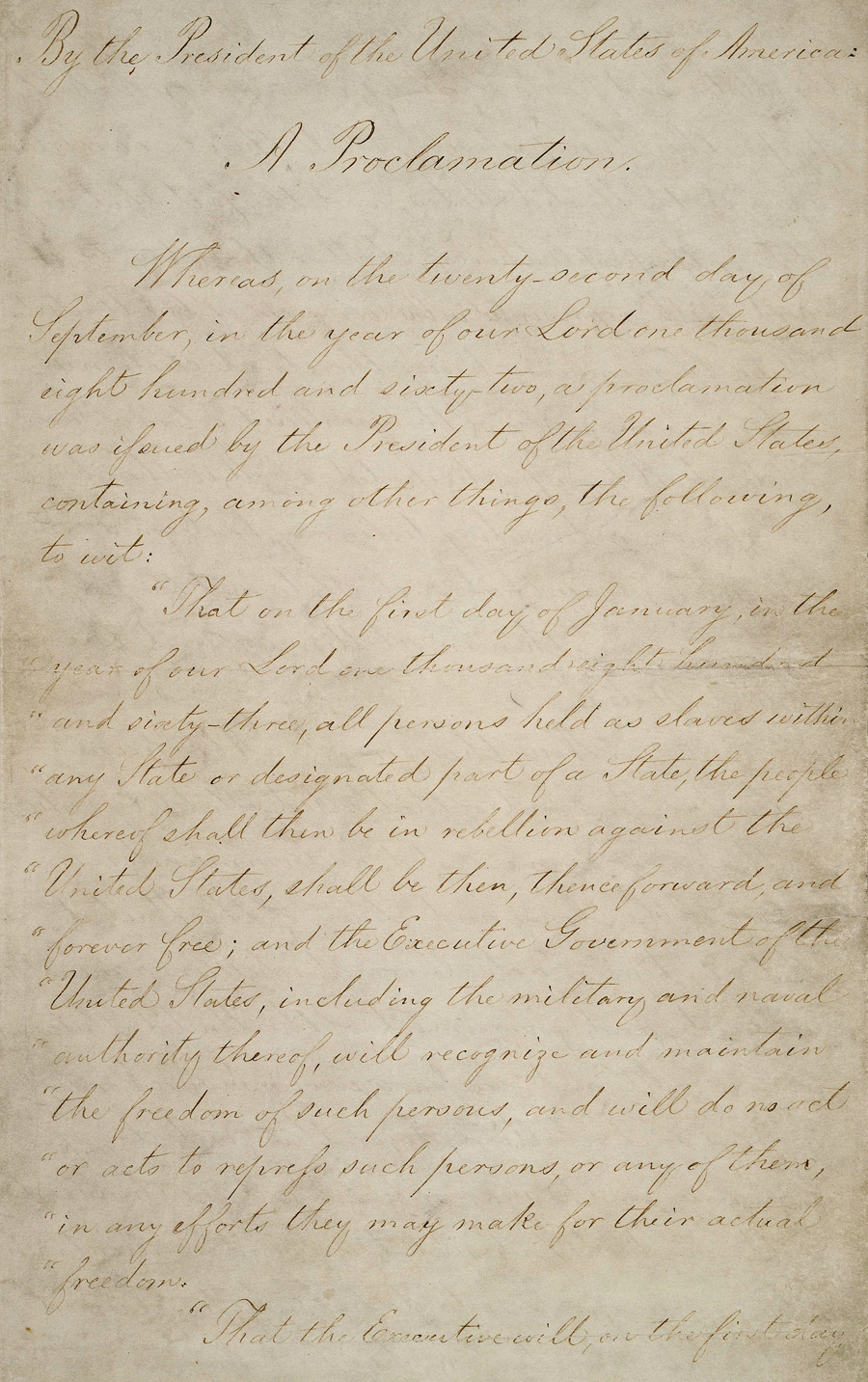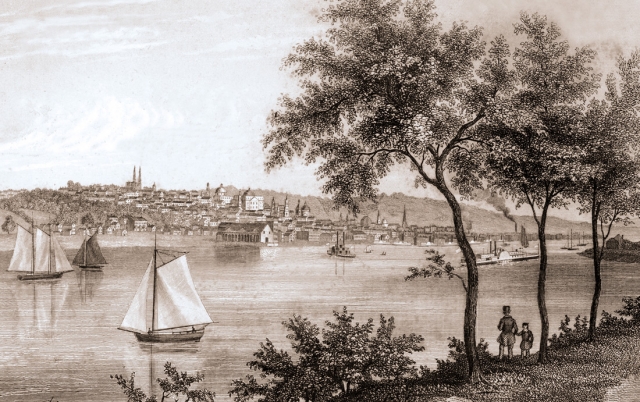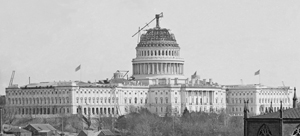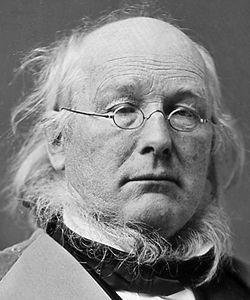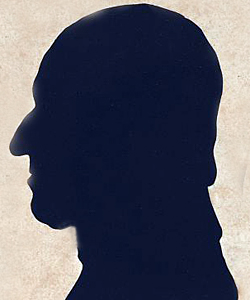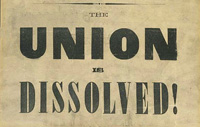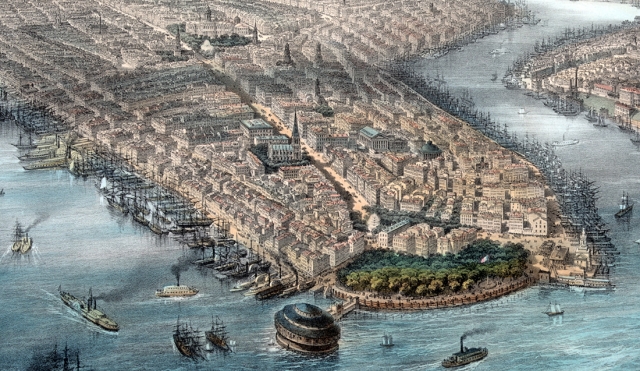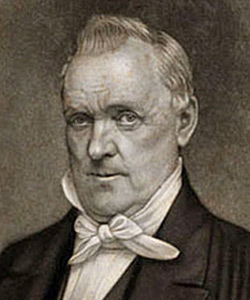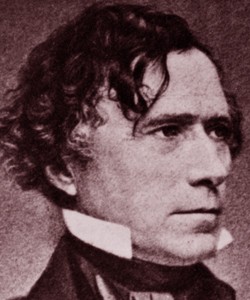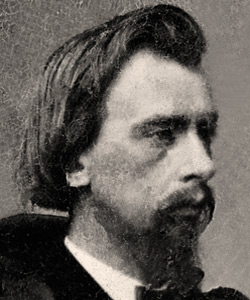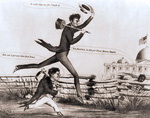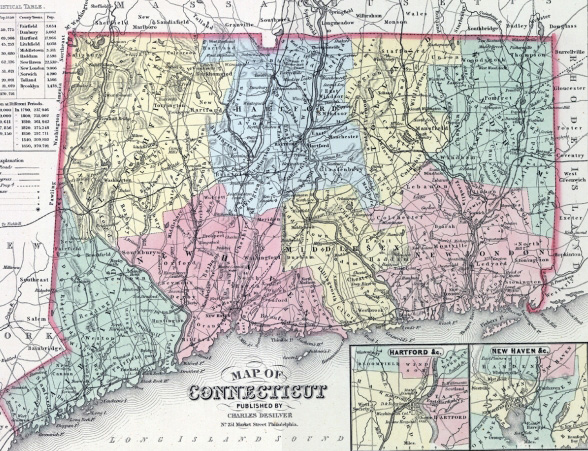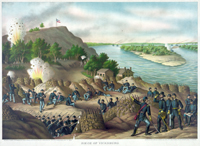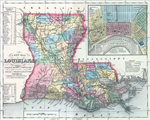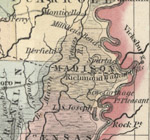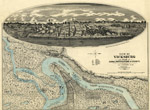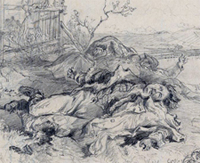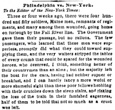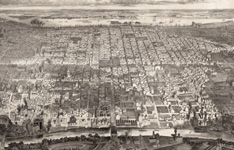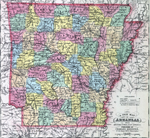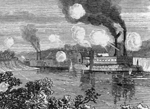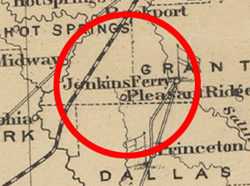Thus, when it came to ending slavery inside the United States, Lincoln and Congress narrowly hewed to the constitutional understandings that had existed before the war. The slaves in the Confederacy, however, were another matter. They were property, used by the enemies of the United States to make war on the United States. Furthermore, the Constitution could not be applied in the Confederate states. There was no “law” there anymore, except martial law and the law of war. Under that theory, General Butler declared runaway slaves to be contrabands of war, and thus legitimately seized and freed. Congress did the same in both Confiscation Acts and in other laws and regulations. Lincoln followed suit in the Emancipation Proclamation, narrowly limiting it to those places that were still at war and not under national jurisdiction. Significantly, Lincoln issued the proclamation “by virtue of the power in me vested as Commander-in-Chief of the Army and Navy of the United States in time of actual armed rebellion.”
lithograph, circa 1862
Sidenotes
| Events | People |
| Documents | Sources |
| Major Topics |
This was, constitutionally, a war measure designed to cripple the ability of those in rebellion to resist the lawful authority of the United States. It applied only to those states and parts of states that were still in rebellion. This was constitutionally essential. The purpose of the proclamation was “restoring the constitutional relations” between the nation and all the states. The irony of secession was that it allowed Lincoln to do what he had always wanted. He had always believed slavery was wrong and immoral. But, as a lawyer, a Congressman, and an incoming president he understood that the national government could only regulate or end slavery in the District of Columbia and the territories. In a famous letter published in the New York Tribune, Lincoln repeated his “oft-expressed personal wish that all men everywhere could be free.” He later told a correspondent, “If slavery is not wrong, nothing is wrong.” Without secession, however, he could never have acted on these personal views, because, as he told the South in his first inaugural address, the Constitution guaranteed their property rights in slaves. But, once the slave states abandoned the Constitution, they could no longer expect it to protect them.
